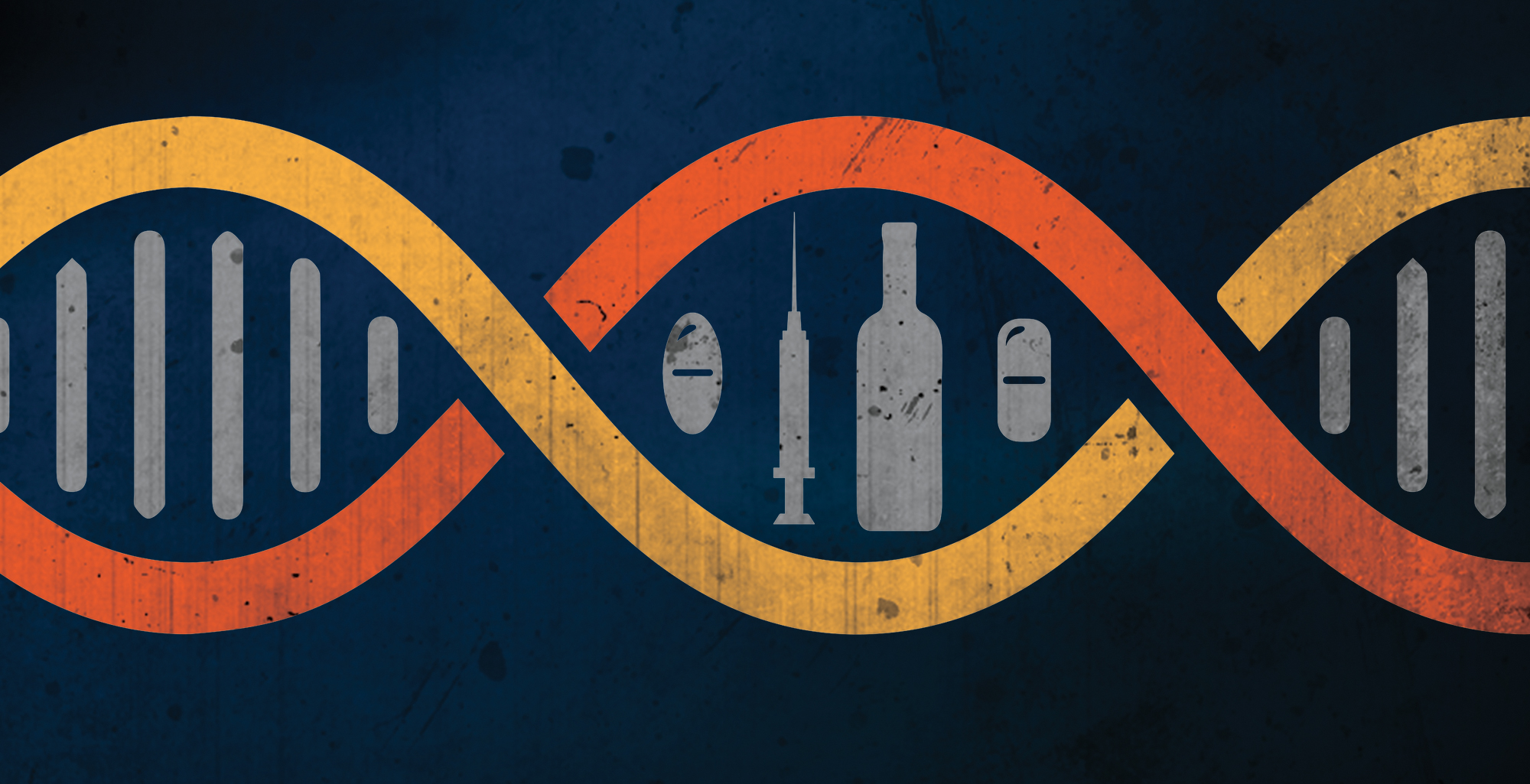If you’re reading this, addiction has likely affected your life in some way or another. Maybe you have an addicted family member and want to understand more about how addiction works and what you can do to help your loved one recover. Whatever the case may be, it can be helpful to read up on the research behind how addiction works and how to break the cycle of addiction in yourself and others. Here are seven ways to break the cycle of addiction.
Breaking the cycle of addiction can seem like an insurmountable challenge if you’ve spent years watching someone you love struggle with drug or alcohol abuse. It can be difficult to determine if it’s even possible for them to overcome their addiction, especially if they don’t see that it’s a problem in the first place. Luckily, there are things you can do to help your loved one overcome their addiction and finally live their life without substance abuse.
First, addiction starts with a chemical dependency. When you ingest substances that activate reward centers in your brain, it creates a positive feedback loop, which makes it feel good to consume more. But eventually, your body builds up a tolerance, and you have to consume more and more just to get high or get relief from withdrawal symptoms—and that’s when addiction becomes problematic.
Is Addiction Hereditary?
There is a strong genetic component to many addictions, including alcoholism and smoking. For most people, addiction runs in families; children who have a parent with addiction are statistically more likely to develop an addiction themselves than those without. Studies have shown that children of people with substance use disorders are more likely to develop one of their own, but there’s no way to know for sure if that propensity toward addiction comes from your genes or your upbringing and environment.
Get Treatment
Even if you’re not ready for recovery, getting treatment can make a huge difference. It gives you an outlet for your pain, a safe place to learn coping skills, and it opens up communication with those who love you. Seek out family counseling or drug rehab centers in your area.
Work with professionals who are committed to helping addicts instead of judging them. If possible, get involved in support groups so that when you do decide to seek help, others will be there for you as well. Some centers cater not just to substance abuse but to alcohol, too.
Alcoholism treatment programs focus on total wellness rather than sobriety alone. With all of these types of options available, starting on a path toward recovery is easier than ever before. The most important thing is to take that first step towards change, and from there everything else can fall into place.
Don’t Let Them Shame You
If you are struggling with addiction and others blame you for your troubles, keep in mind that it is not your fault. Just because someone else didn’t have a drug problem doesn’t mean you can’t either. Accept that addiction does not discriminate. Whether there is a history of substance abuse in your family, you are responsible for your actions. You deserve to be treated with love and compassion despite any struggles in your past.
Protect Yourself From Triggers
Experts say that people who suffer from addiction often struggle with triggers, which are events or situations that can cause a person to lose control. If you’re trying to break a destructive cycle, you need to avoid triggers by doing things like exercising regularly and eating well. These self-care activities are simple ways to protect yourself from relapse.
Focus on Making Yourself Better
If you’re struggling with addiction or find yourself in a situation where you can’t seem to control your urges, it can help to divert your attention away from your problem. Instead, focus on making yourself a better person. If you focus on building up a positive life, one filled with personal growth and achievement, it becomes easier and easier to ignore that which would otherwise hinder your recovery.
Self-control has everything to do with willpower—and willpower is a finite resource, meaning that when you use it to fight off negative influences (say, turning down booze at parties), it leaves less fuel for other tasks as well. But when we build ourselves up as people who are actively working toward our goals, we leave little room for other pressures or temptations.
Do What’s Right for You
One important thing to remember about addiction is that it’s a disease. Each individual has their particular triggers, so it can be tough for someone else—particularly your loved ones—to understand why you might be using drugs or alcohol. That’s why it’s so important for people struggling with addiction to do what’s right for them and their situation. If you want help in stopping your dependency on drugs or alcohol, talk with someone who can help you figure out what your next steps should be.
If you or someone you love is struggling with addiction, some measures can be taken to break free from its grip. Despite what many people think, it’s not always easy for people suffering from addiction. It always takes a strong will to not come back and decide a better life for themselves.










